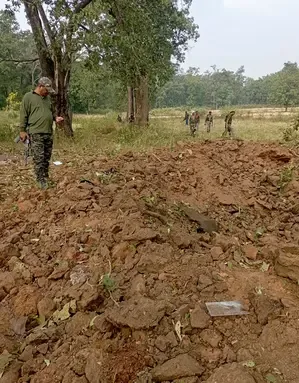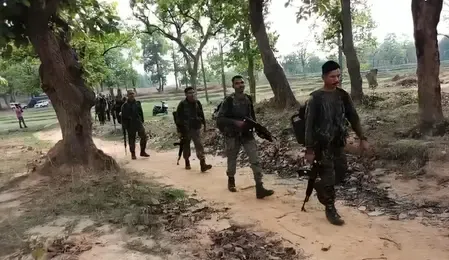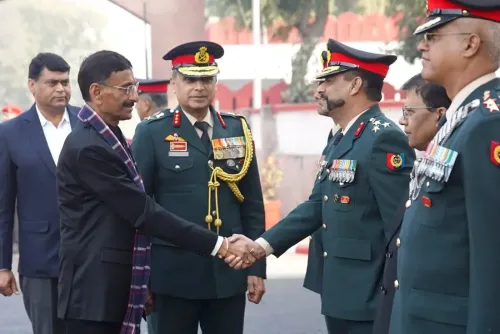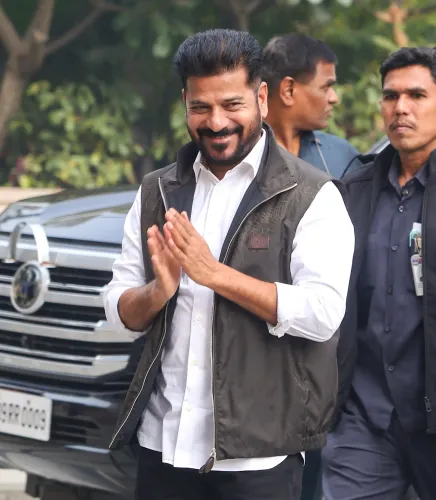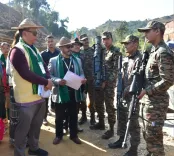Why Did the Punjab Government Cancel All Public Events?
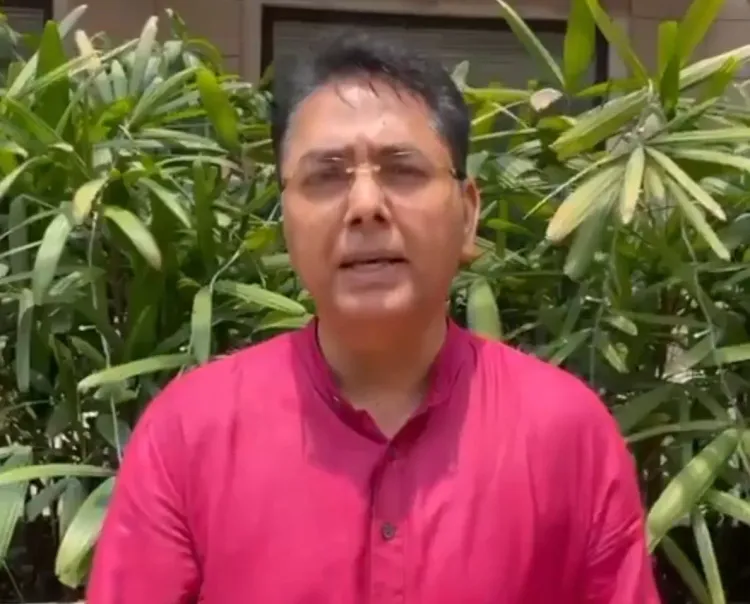
Synopsis
Key Takeaways
- Punjab government canceled public events to ensure safety.
- AAP leader Aman Arora emphasized support for the Indian Army.
- Punjab's strategic role is crucial due to its long border with Pakistan.
- All necessary arrangements have been made to respond to potential threats.
- Public cooperation with government guidelines is essential for safety.
Chandigarh, May 7 (NationPress) Following a series of precision strikes by the armed forces aimed at terror infrastructure in Pakistan-occupied Kashmir and Pakistan—prompted by the tragic deaths of 26 civilians in Pahalgam—the Aam Aadmi Party (AAP) expressed its support for the Indian Army and announced that the state government has canceled all public events.
AAP Punjab chief Aman Arora stated that the state government and the entire population of Punjab stand united with the Indian Army.
In his statement, he remarked, “Whenever the unity, integrity, and security of the nation have been threatened, Punjabis have always stepped forward, even sacrificing their lives. This time too, we are ready to respond to Pakistan.”
Arora emphasized that the Punjab Police, serving as the “second line of defence,” is also fully prepared.
He added, “The state’s police force will join the Indian Army in every battle to deliver a crushing response to any Pakistani attack.”
Highlighting the strategic significance of Punjab, Arora mentioned, “Punjab shares a 532-km-long border with Pakistan. Therefore, during any military tension, the role of the Punjab government becomes extremely crucial. All districts near the border have been placed on high alert, and for public safety, the government has canceled all types of public events.”
“If Pakistan retaliates, we are fully prepared for it. We anticipated that when the Indian Army strikes, Pakistan would attempt a counterattack in response. Accordingly, all necessary arrangements have already been made,” he assured.
The Punjab Police are providing full support to the Indian Army and collaborating on future preparations. Arora also urged the people of Punjab to strictly follow all government orders and guidelines to ensure there is no risk to public safety.
In the early hours of May 7, India executed precision strikes targeting nine high-value terror camps across Pakistan and Pakistan-occupied Kashmir (PoK).
The air and missile strikes were concentrated solely on terror infrastructure associated with internationally designated groups such as Jaish-e-Mohammed and Lashkar-e-Taiba. Care was taken to avoid civilian casualties or damage to Pakistan’s military assets, showcasing India’s commitment to strategic restraint even in retaliation.


